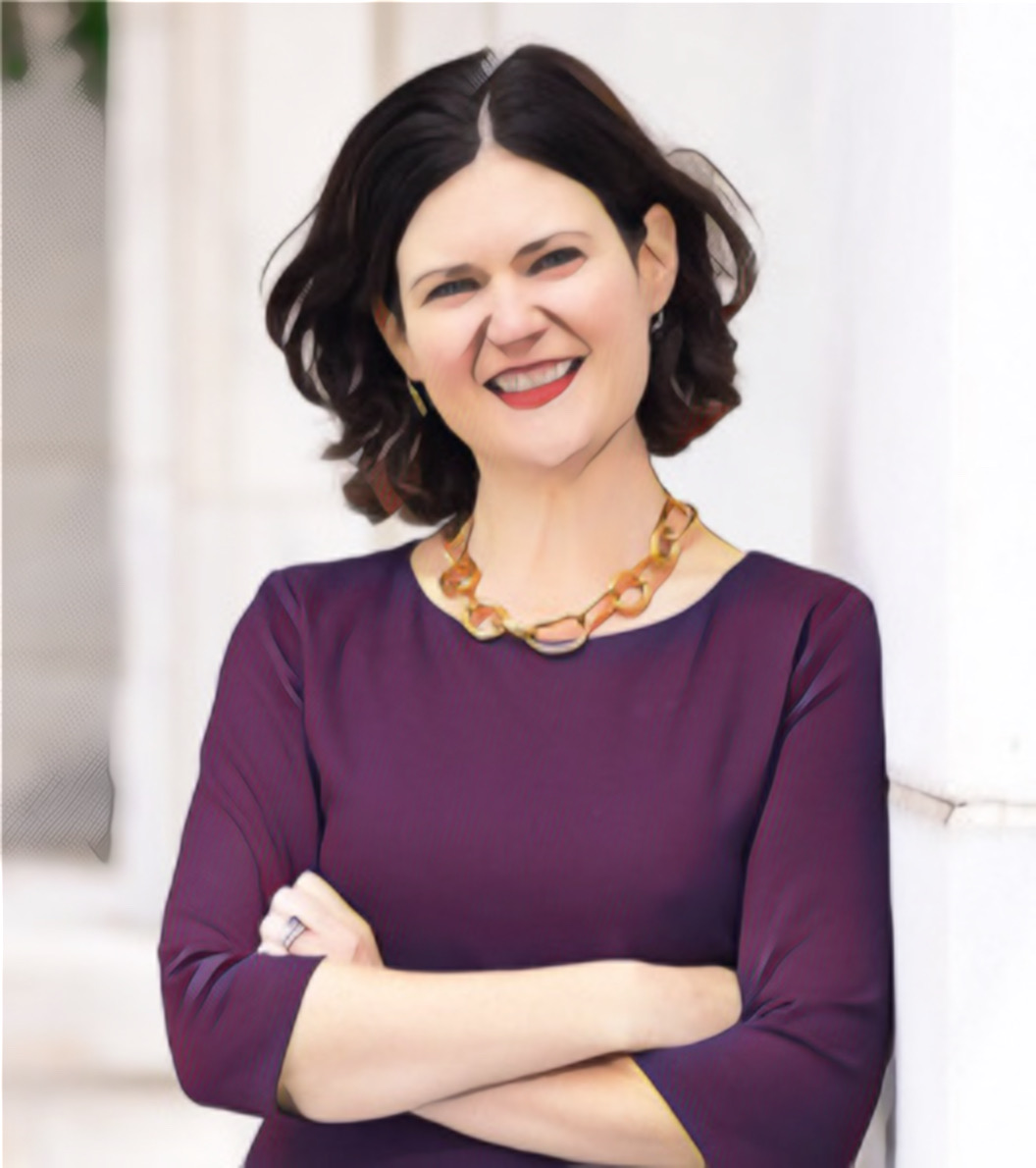Do something
These experiences of on-the-ground advocacy have shown me just how empowering, effective, and yes, even fun, it is to be an active part of a democratic movement pushing back against a bold attempt to create a theocracy, starting in the public schools.

A little more than a year ago, I moved back home to Texas with my husband and our son. We moved for family reasons, though I knew at the time that being outside of the Washington Beltway meant that I, and therefore BJC, would have more opportunities to be involved directly in advocacy work for religious freedom — not just in Congress and the U.S. Supreme Court but on the state and local level, too.
What I didn’t expect was how quickly those opportunities would arise. In late May, I was listening to a local news program in Dallas when I heard about a new proposed curriculum from the Texas Education Agency that would teach Bible stories in reading and language arts curriculum to kids as young as five years old in Texas public schools. I knew that teaching about the Bible in objective, age-appropriate ways could be part of a well-rounded public education, but what I heard about this curriculum led me to believe that something else was happening here.
I reached out to Dr. Mark Chancey, a professor of religion at SMU who is also one of the country’s leading experts on the teaching of religion and Bible in schools. I have known Dr. Chancey for many years, and I even interviewed him for my book, How to End Christian Nationalism. He told me he had started to read the massive curriculum and also had concerns that the material would be taught in devotional ways and present faith claims as fact, which was particularly troubling for such young students who did not have the intellectual maturity to discern the difference.
Dr. Chancey put me in touch with other advocates who had experience with debates about curriculum at the State Board of Education (SBOE), which sets this policy. I met with Lisa Jacob, BJC’s North Texas Organizer for Christians Against Christian Nationalism, and we started meeting with our local leaders to review the curriculum together and devise a plan of action. We worked with our interfaith partners at Texas Impact, several Jewish advocacy groups, and Texas Freedom Network to host webinar trainings on how to navigate the complicated state bureaucracy to submit public comments. Written comments had an August deadline, and we also explained how to register to provide live testimony before the SBOE hearing in Austin in September. I joined the dozens of people who traveled from across the state and region to testify about their concerns with the curriculum and the impact on religious freedom. (Click here to read more about that day.)
I worked with the BJC team to carefully review the curriculum’s teaching of religious freedom. We submitted a public comment with our concerns about how the curriculum cherry-picks history and reinforces the mythology of America as a “Christian nation” rather than providing an accurate telling of history and religious freedom, including the separation of church and state. I also submitted comments personally on problems with lessons that preached to kindergartners about the Sermon on the Mount, taught the Parable of the Prodigal Son to first graders, and provided a telling of the crucifixion and resurrection narrative to third graders during their study on ancient Rome.
It was gratifying to find out, through the panicked social media postings of people who embrace Christian nationalism, that our efforts were making a difference. For example, Lance Wallnau, a prominent preacher in the extreme dominionism wing of the Christian nationalism movement, posted a cell phone video from a moving car to urge his followers to send an email that day to express their support for the curriculum, noting that messages of opposition to the curriculum had numbered 2,000 compared to only 200 in support. Wallnau’s involvement also confirmed what we already suspected: that the curriculum is part of a larger concerted effort to push the teaching of Christian nationalist ideology in public schools.
As I write this column, we don’t know what the outcome of our advocacy will be. The SBOE is set to vote on the curriculum in November. If they vote to adopt the curriculum as written, our advocacy efforts will shift to the more than 1,200 school districts in Texas, which will then decide on whether they will teach this curriculum to their students. Given the size and influence of the Texas public education system, other states are watching what happens in Texas and, if this curriculum is adopted, they may attempt to make a similar change in their states.
These experiences of on-the-ground advocacy have shown me just how empowering, effective, and yes, even fun, it is to be an active part of a democratic movement pushing back against a bold attempt to create a theocracy, starting in the public schools.
Amanda Tyler is executive director of BJC.
This article originally appeared in the fall 2024 edition of Report from the Capital. You can view it as a PDF or read a digital flip-through edition.




